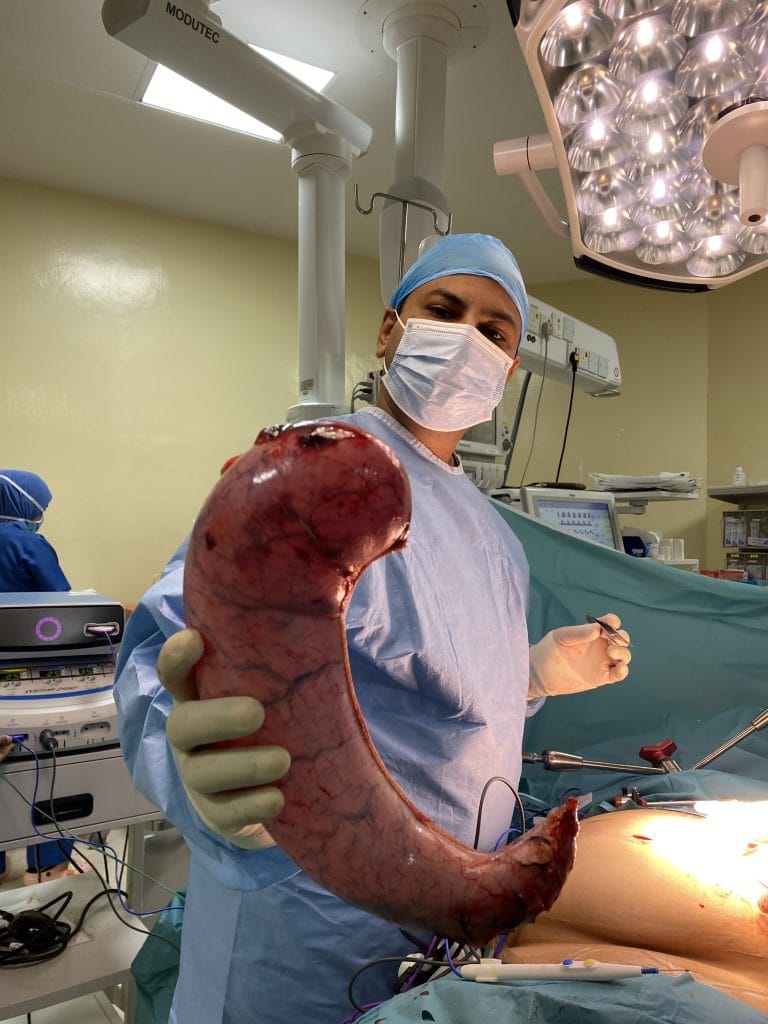Bariatric surgery, commonly performed to help individuals achieve significant weight loss, has a
notable impact on gastroesophageal reflux disease (GERD). GERD is a chronic condition where
stomach acid flows back into the esophagus, causing symptoms like heartburn and acid
regurgitation. Procedures such as gastric bypass and sleeve gastrectomy not only reduce
stomach size but also alleviate pressure on the esophageal sphincter, often resulting in reduced
GERD symptoms. Studies have shown that weight loss post-surgery can lead to a substantial
improvement or even resolution of GERD, providing dual benefits of weight management and
improved digestive health.
However, the relationship between bariatric surgery and GERD can vary depending on the type
of surgery performed. While gastric bypass is generally associated with reduced GERD
symptoms, sleeve gastrectomy might increase them in some patients due to anatomical
changes that affect acid reflux. It’s crucial for individuals considering bariatric surgery to discuss
the potential risks and benefits with their healthcare provider, ensuring a tailored approach that
addresses both weight loss and GERD management effectively. Post-surgery lifestyle
adjustments, such as diet modifications and regular follow-ups, are essential to maintain
long-term health benefits


